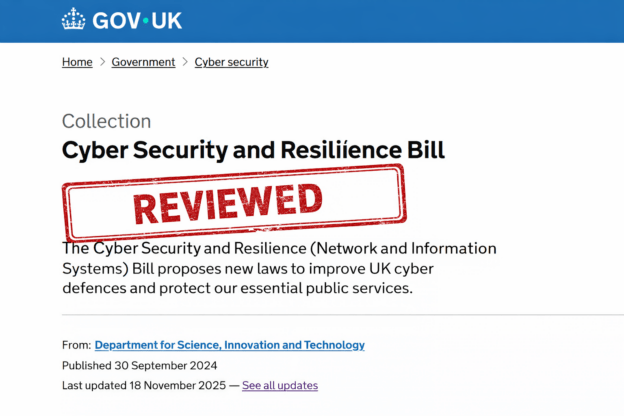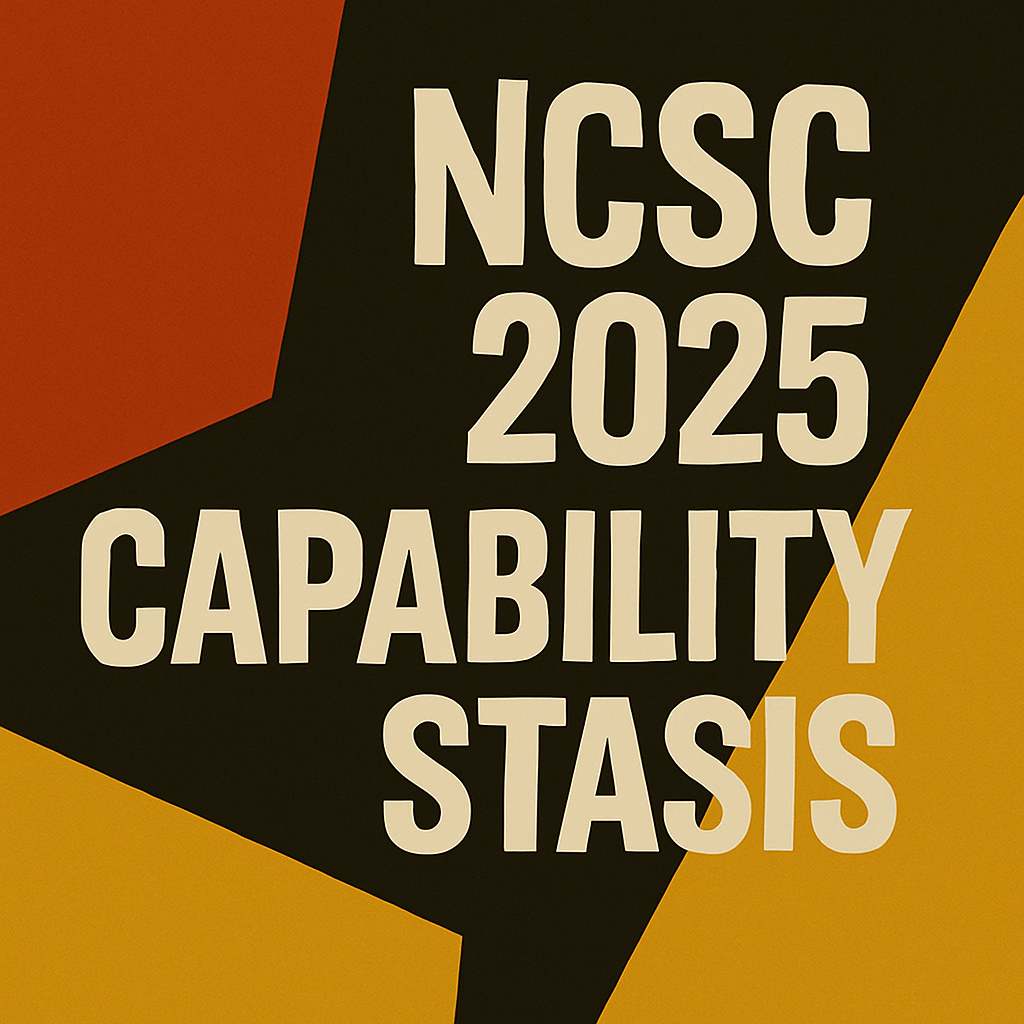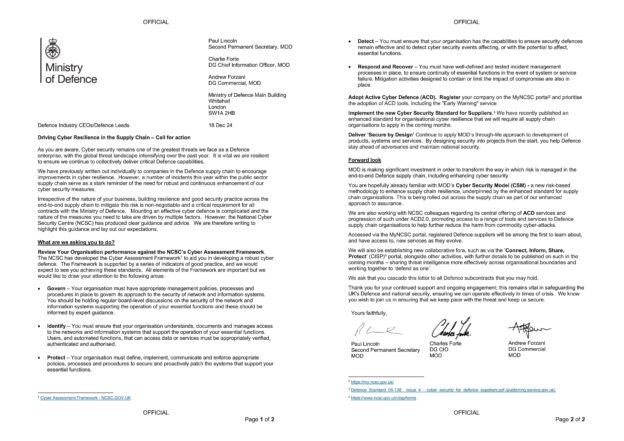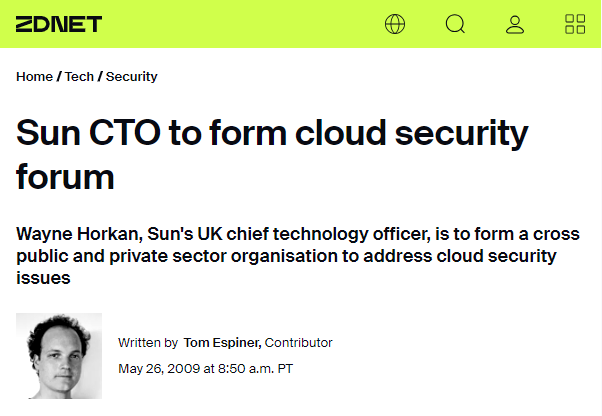The UK Cyber Security and Resilience Bill 2025 represents a major shift from sector-based cyber regulation to a broader national resilience framework. By expanding the NIS regime to data centres, managed service providers and critical suppliers, strengthening incident reporting, and introducing strategic governance and national security powers, the Bill closes long-standing gaps but raises challenges around proportionality, skills, regional delivery and SME impact.
Continue reading






